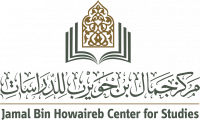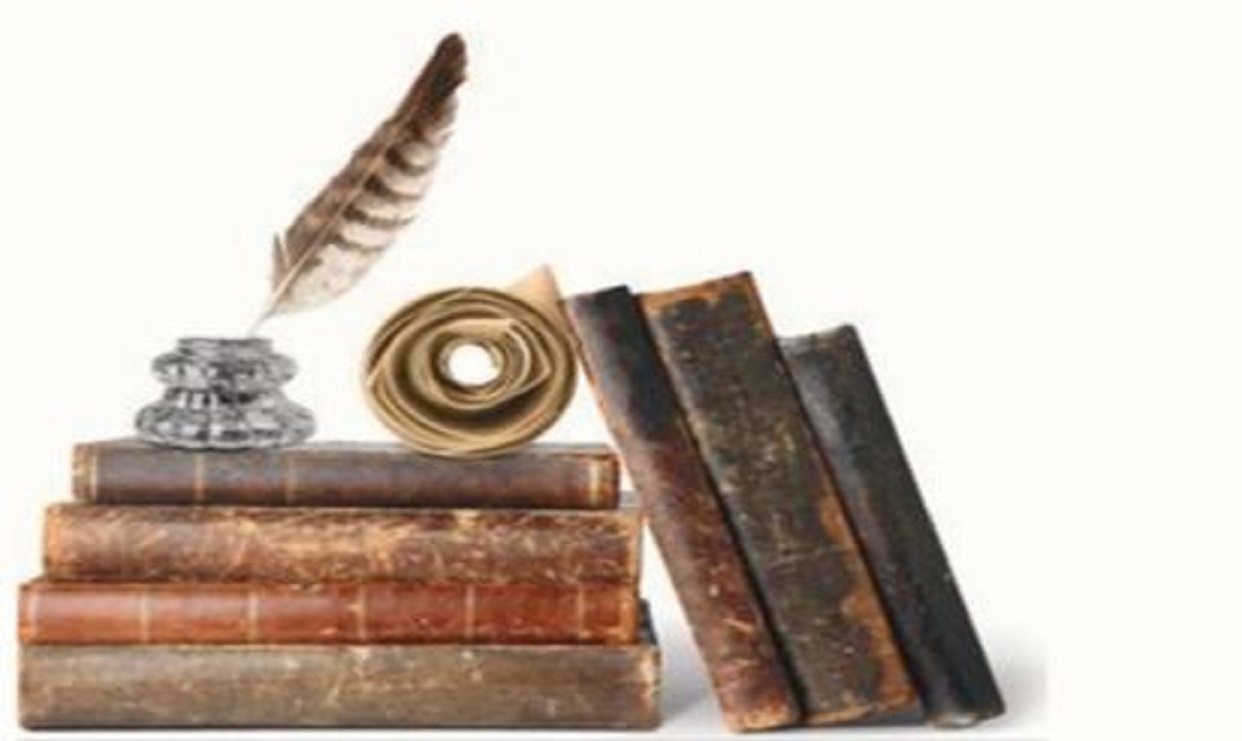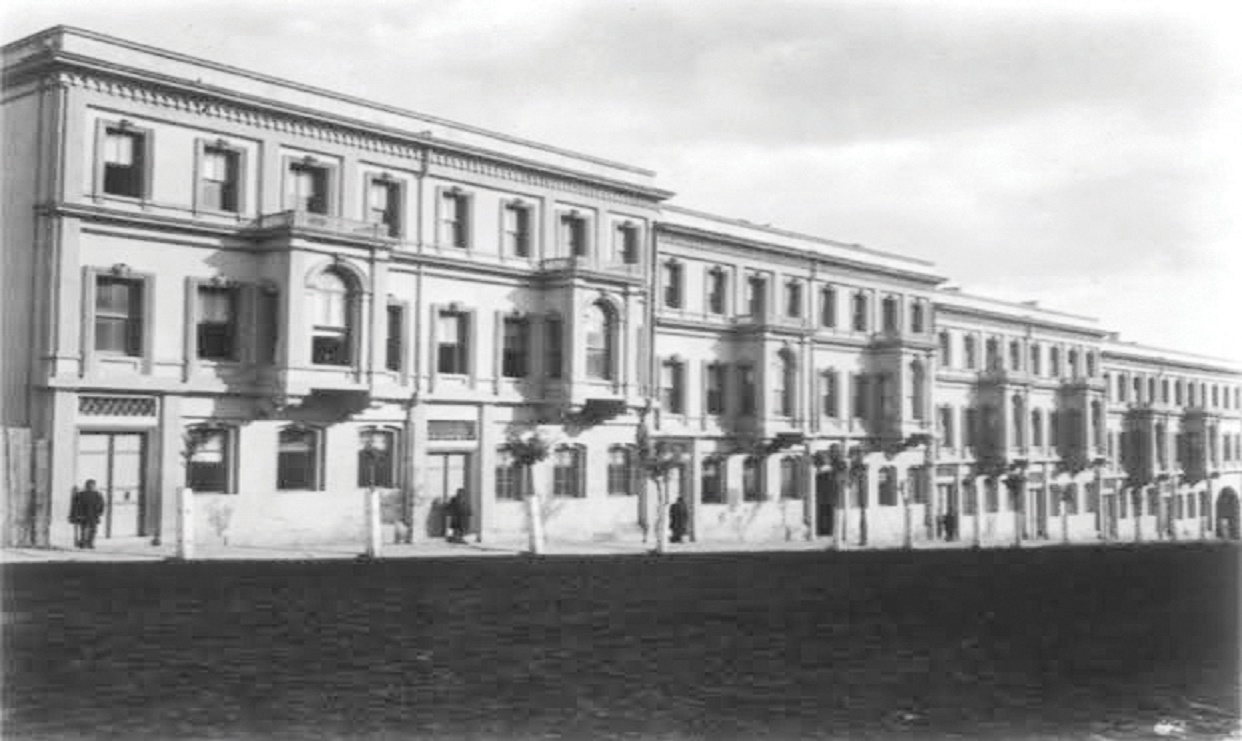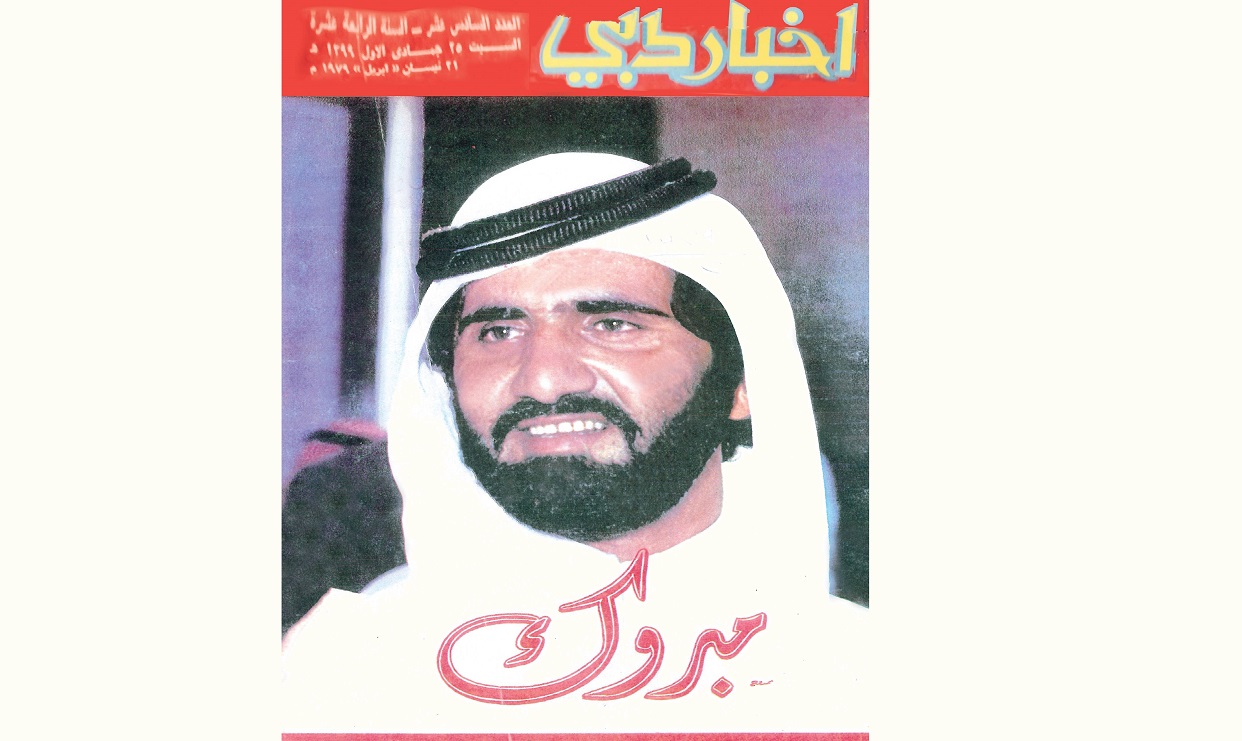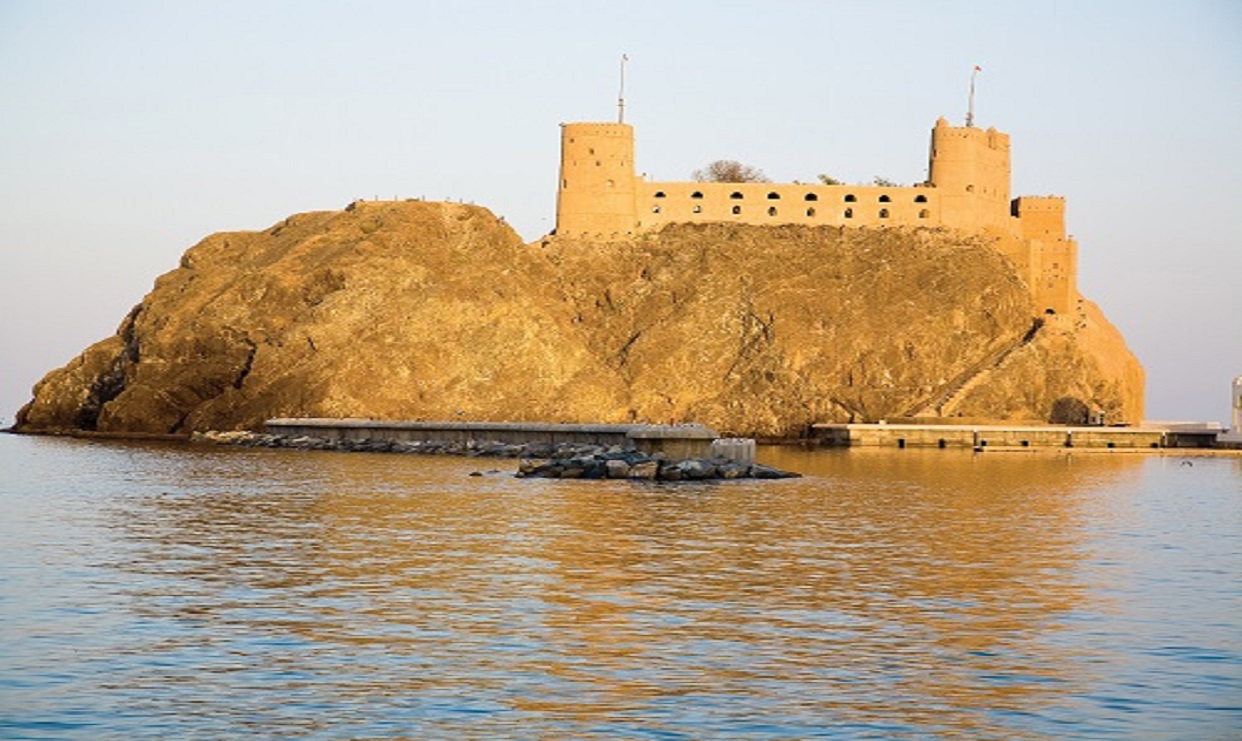1,179 عدد المشاهدات
Jamal Bin Howaireb
Before talking about the lexicons that speak of our dialect in our beloved country, we will criticize them frankly and scientifically with no flattery or calumny as do some people with no knowledge or substantiated argument.
A researcher is a seeker of truth not a nitpicker. While rectifying mistakes is the duty of those who committed them, scholars have the right to help in correcting mistakes and identifying them to those who committed them and also to others without offending anyone. Besides, when someone reaches a prestigious position, their scientific status should not tempt them to discard the right opinion of those who are in a lower position.
Dictionaries have been used by Arabs since ancient times. Since the early Islamic times, scholars have collected vocabularies and developed them into well authored, reviewed and designed volumes. At that time, no other language in the world got the attention our eternal Arabic language did. At first, dictionaries were collected orally before they were collected in various works, each of which had its unique form. The first to collect a lexicon is the famous philologist and lexicographer Al-Khalil ibn Ahmad al-Farahidi (100-170 AH) who produced Kitab al-‘Ayn (“The Source”). Other scholars followed him with great lexicons such as Jamharat al-lughah (“Collection of Language”) by Ibn Duraid (223-321 AH).
‘Generated’
Linguists were not interested in colloquial language except for the words they marked as ‘generated’, i.e. the Arabs did not use them in this sense although they had Arabic origins. Such words were used by writers after the age of eloquence, and this is why they distinguished them from the original Arab words as “generated” words and also called them ‘invented’ or ‘colloquial’.
Going back to Roots
Let us get back to the topic of how to write an authoritative dictionary that helps us to understand and preserve our dialect by firmly rooting its noble origin and teaching it to future generations in a true and loving way.
First: Establishing a committee of specialists
A group of experts in the Arabic language is elected from the people of the UAE and Arab scholars, to develop a comprehensive plan to collect the dialect on an academic basis, unlike the works of some amateurs who encroached upon our dialect, when they issued incomplete and distorted researches about it without any academic basis.
One may ask: “What is next after forming a committee of specialists to collect the dialect, explain it, adjust its pronunciation and mention all its original derivatives and usages?” The answer comes hereafter:
Second: the division of work teams
After the completion of collecting all the vocabularies, poetry and proverbs, and photographing and filming all the possible meanings of names such as animals and their related objects, trees, plants and sea, the second phase begins by dividing labor among the participants each according to his specialty:
- A team is dedicated to transcribing and linking the texts, where each vocabulary is given commentary links of poetry, proverbs, pictures and video until it is ready to be written and downloaded on the internal network of the dictionary.
- A technical team is established to create digital programs to download all materials and their links on the intranet in order to compose the dictionary. This will facilitate searching for a certain vocabulary and all its related materials and pictures.
- A comprehensive plan is developed to structure the lexicon, to make access to information easier and quicker, taking into account the root of the colloquial word; putting it several times in multiple pronunciations.
- Use the know-how of Arab and western scholars who have expertise in writing lexicons, to ensure materials are collected and written in a modern way. In its printed copy with enhanced images, the dictionary will comprise accurate description of vocabulary, its origin in standard Arabic and how to use it. On the Internet, multimedia such as audio and video links will be provided.
- Publishing the dictionary online will help the new generation to benefit from it through their smart phones or computers at anytime and anywhere. Accessing the information will be easy to avoid getting confused as we see in many dictionaries.
Third: Establishment of an institution:
This project will not succeed and will not be accomplished unless an institution with its own budget is established to foster and develop it. This institution will publish the lexicon, promote it, rectify its mistakes and add to its content. The institution must be an entity under the Government of the United Arab Emirates; because it will serve as an aspect of preserving the national identity. If we do not establish this institution, messing with our dialect will remain, and will increase even further, as we see these days unfortunately, and its loss will become inevitable.
